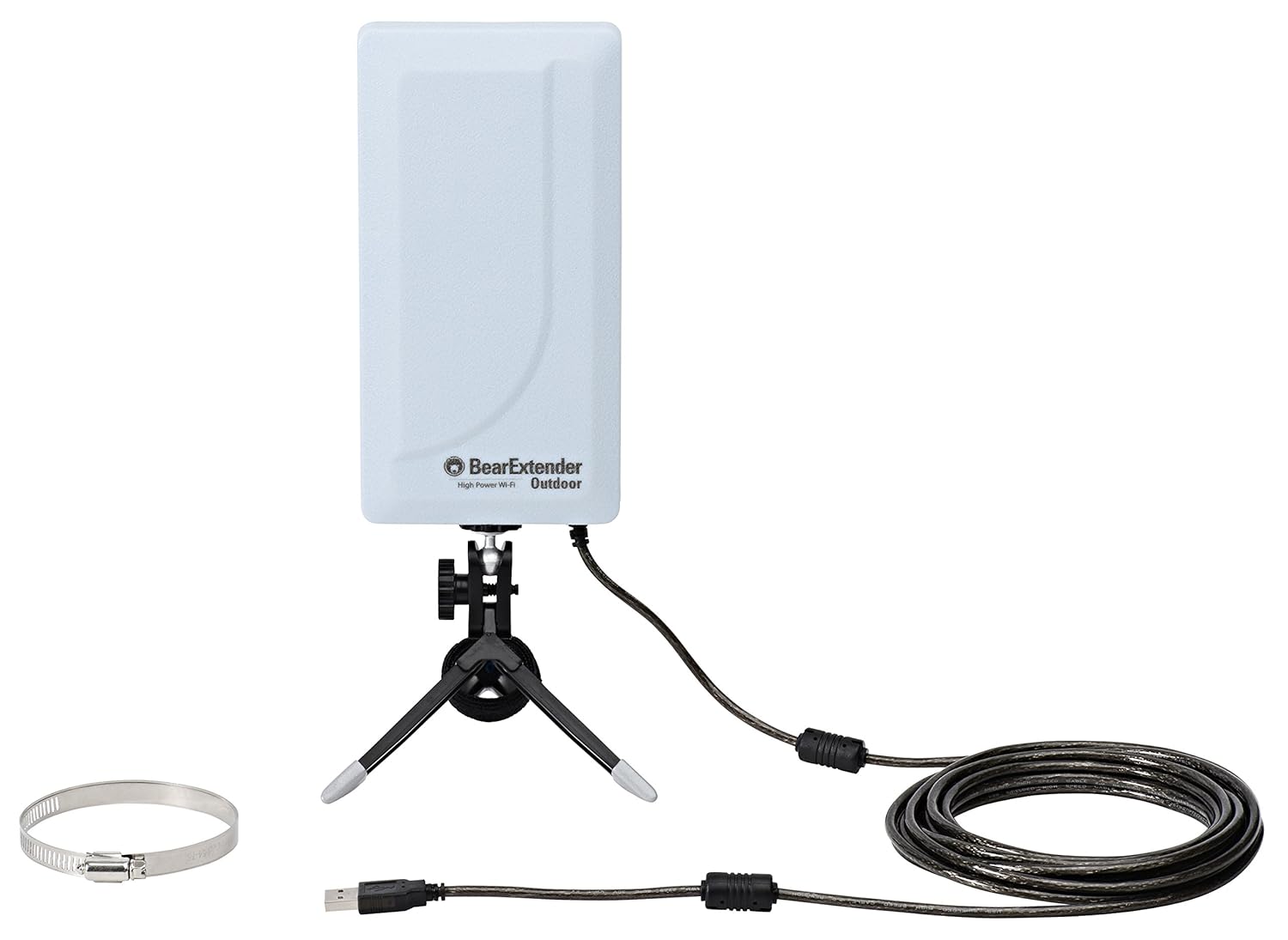
In that case, think about changing over to mesh wireless, as those systems can cost less than $250 now.Having trouble getting a solid, reliable WiFi signal in some parts of your home? A WiFi repeater could be the solution for you.Ī WiFi repeater or extender is used to extend the coverage area of your WiFi network. If your router is older, upgrading it and adding an extender is going to be a more costly solution. However, WiFi extenders can't extend a network's reach much beyond the existing coverage area. If you already have a quality router and only want to boost coverage in one or two rooms, an extender is probably all you need. While a WiFi extender can be an affordable fix, it won't solve every home's spotty wireless problem. Even if you manage to extend your signal, having a slower speed doesn't sound like a great trade-off. They're cheaper, but they'll also significantly slow down your devices on WiFi. And Wirecutter notes that you shouldn't bother buying any of the older 802.11n extenders. As PCMag points out, if you have a dual-band AC1900 router, then you also need a dual-band AC1900 extender at least. No matter which brand you go with, it's important to match your router and extender capabilities. If you only want to boost coverage in one or two rooms, a WiFi extender is probably all you need. (A WiFi repeater can have this issue, too.)

Additionally, make sure you own a decent router to begin with, as extenders are usually only about 50% as fast as a primary router. First, plug as many devices as you can into the router - doing so lessens the competition for your WiFi connection. Setup and placement can go a long way toward ensuring you reap the benefits of an WiFi extender/router combo. How Can I Get the Best Range Extender Results? Other reputable brands include Netgear, D-Link, Linksys, and Amped Wireless. Wirecutter, PCMag and Tom's Guide all recommend TP-Link models in their extender guides. Several WiFi extender brands receive regular praise from experts. Plug-in models are on the cheaper end of the spectrum, but don't expect them to be packed with features.ĭesktop models don't have size limitations, so they can include better antenna placement as well as internal hardware. It shouldn't come as a surprise that the more expensive models will also have more features - whether that's more ports, antennas, or higher link rates. Ultimately, you'll find a wide variety of price points when searching for the best WiFi booster. Determining which one is best for your situation will also give you a good idea of how much you can expect to pay.


Think about whether you need a desktop WiFi extender, or if a simple plug-in model will suffice. But even the best WiFi boosters are usually priced under $200. Plug-in models typically cost less than $50 - or just half that on sale. (Note: If your house is on the larger side, you should consider upgrading to a mesh WiFi system instead.) Depending on the size of your home, you could solve your issues with a WiFi range extender. If you're still getting a spotty signal, your home's construction might be the problem.ĭo you own a multilevel house, for example? Does it have a closed-off floor plan? Was it built with dense materials, such as concrete, plaster, brick, or metal? All of these factors can make your home more likely to suffer signal loss. It's best to put routers as close to the center of your home and as high up as you can manage. If you're still experiencing signal issues with an updated router, look at your router placement. You can easily find a WiFi extender for under $50, but even the best wireless boosters tend to cost less than $200.


 0 kommentar(er)
0 kommentar(er)
